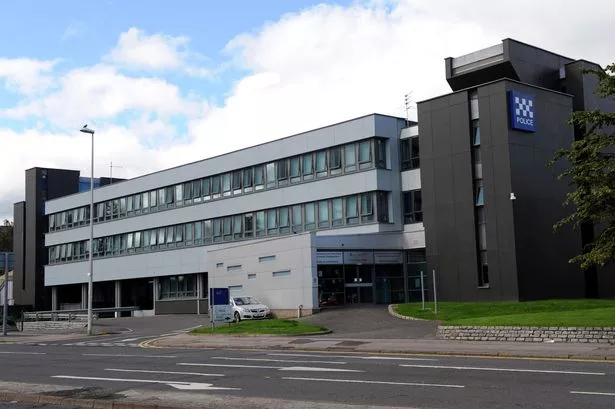A hefty sum in excess of £350,000 has been allocated by police chiefs for the upgrade of facilities at Mill Street police station before its possible closure.
Both the office at Paisley town centre and the police hub at Ferguslie Park are among the 29 stations across the county that the Scotland Police may potentially close.
The Scotland Police have assured that they will continue to have a presence in Paisley, but have refrained from committing to retaining elements like public counter, CID, and the town-centre location.
With the impending end of the three-month consultation on these closures, it has been brought to light that more than £130,000 were spent on the maintenance, repairs and upgrades of the Mill Street Station alone.
This station, built in the 1980s, has required extensive spending, especially in remedying serious leaks in critical areas such as the roof, radiators and toilets, which occurred in the last three fiscal years, from April 2021 through March 2024.
Moreover, it isn’t unusual for the station to face electrical difficulties, like glitches in lighting and the air conditioning system, and carrying out water and fire risk assessments, all of which add to the station’s maintenance bill.
Predominantly, the biggest spend is the substantial sum used for the installation of eight electric car charging points or EVs for emergency fleet operation. The installation at Mill Street alone cost £244,306.
Russell Findlay, the West Scotland MSP and Justice spokesperson for the Conservative Party, obtained these details through a freedom of information request. He termed the EV installation cost as “eye-watering”.
Findlay expressed the view that hard-working Scots juggling their bills would be appalled at the high cost of these charging points. He stressed on the importance of the SNP ministers ensuring due diligence in their spending. He strongly recommended that the money allocated for charging points at police stations slated for closure should instead be directed towards officer protection by providing body-worn cameras.
Findlay insisted that the future of police provision in Paisley must accommodate a public counter and should be centrally located. He opined that face-to-face communication provides reassurance for crime victims and people seeking police advice. CID’s presence in Paisley must also be maintained to continue the essential fight against drug dealing and other serious crimes.
Neil Bibby MSP, who advocates for a modern 21st-century town-centre police station, voiced his concerns on the potential closure of two police stations in Scotland’s biggest town, Paisley. He described the potential closure as having catastrophic consequences without an appropriate plan in place.
Bibby pointed out that the SNP government has consistently underfunded local police over the years, despite £130,000 spent on building repairs in the recent past, and a quarter of a million pounds spent on the installation of electric charging points at the station site.
He stressed that more investment is required in local police estate maintenance, while also expressing the public’s concerns about closing a police station which had only recently seen significant investments.
In his view, the Scottish government’s investment should either be directed towards keeping the existing police stations operational or be focused on providing a worthy replacement. Any alternative plans must be of similar quality and it would be unacceptable to close Paisley’s police stations without maintaining an accessible public counter and retaining CID officers in the area.
He iterated that these are essentials for effective policing and the residents of Paisley should not be expected to bear their loss.
According to a Scotland Police spokesperson, the police inherited a colossal and antiquated estate in Paisley, much of which wasn’t fit for its intended purpose, generating high maintenance costs and environmental inefficiencies. They said that the consultation about the future of the Paisley police station continues and they recognise the necessity of having local policing services for the people of Paisley and its neighbouring towns. They are contemplating several options for future premises which include co-location with partners to facilitate collaboration and the provision of more integrated services.












